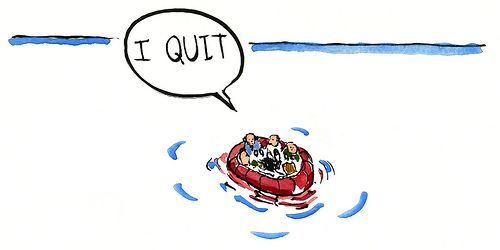
The Necessity of Avoiding Unnecessary Writing
We have all heard a billion times that we have to be stingy with adjectives and adverbs. Yet removing unnecessary writing is not only getting rid of those.
It also consists of removing non-contributing subplots and scenes.
We have already broached that subject in the “Strength of Characters” post when talking about the scene between Willy and the fishmonger. This was a magnificent piece of writing and, despite the editor’s entreaties, the writer wants to keep it.
There, we might have an opportunity to kill two birds with one stone. A fishmonger has to have a refrigerated truck to carry the fish around. In the post “Inner consistency of plots and subplots”, we came across a problem with explaining the use of a refrigerated truck in a logical manner. As a fruit and vegetable seller, John does not need a refrigerated truck, though he uses one to kill Lizbeth.
The storyline requires John to work at the market. Whether he is there as a fruit seller or as a fishmonger is not really critical.
So we could change John’s job to fishmonger and keep the scene with minor changes. Actually, that scene with John as the fishmonger is ideal to establish the dominance between the two that will play a major role when John tricks Willy later on.
What remains to be done is to remove every single mention of John as a fruit and vegetable seller. Otherwise, we might again find ourselves in the presence of inconsistencies.
John’s gambling habits, though necessary to explain why he lives in his mother’s shack even though he earns good money with his job, do not deserve extensive coverage. He does not kill Lizbeth for money. Actually, as she used to give him money to pay off his gambling debts, he is cutting off a source of revenue.
So, one scene to establish his vice is enough. The two other scenes during which he gambles his life away are redundant and just slow down the action. No matter how well they are written, they will have to go.
Not every single beautifully scene can be saved. That’s life, at least if you are a writer.